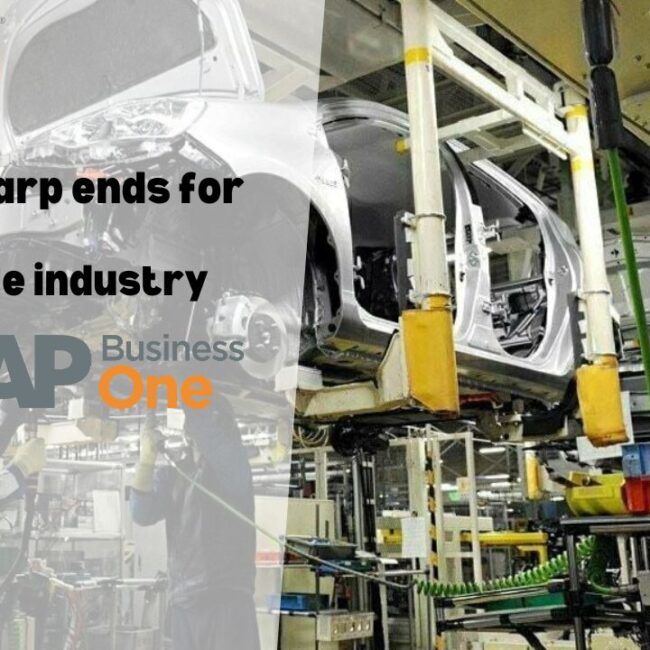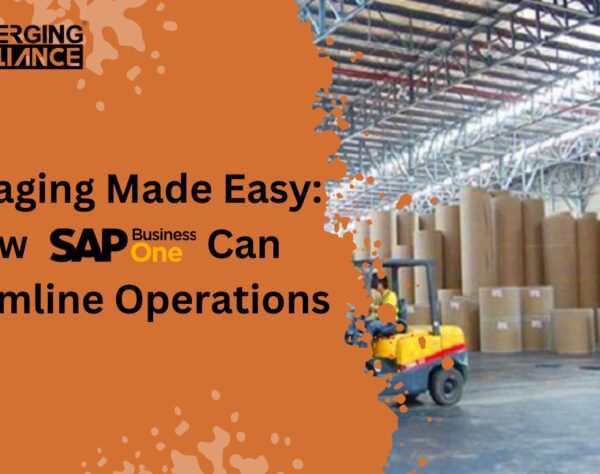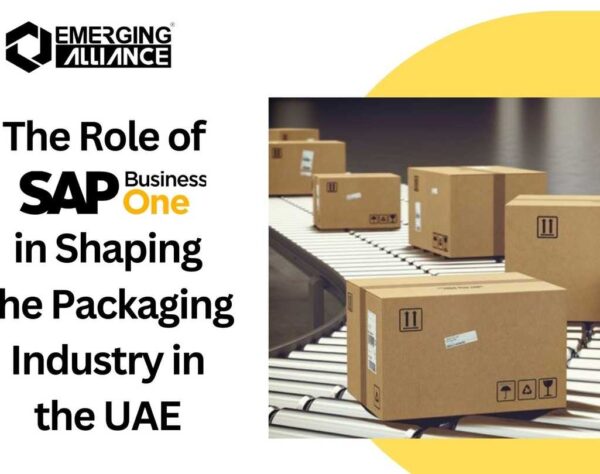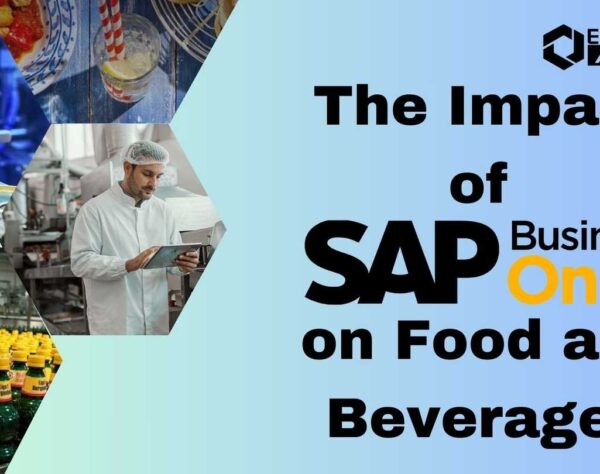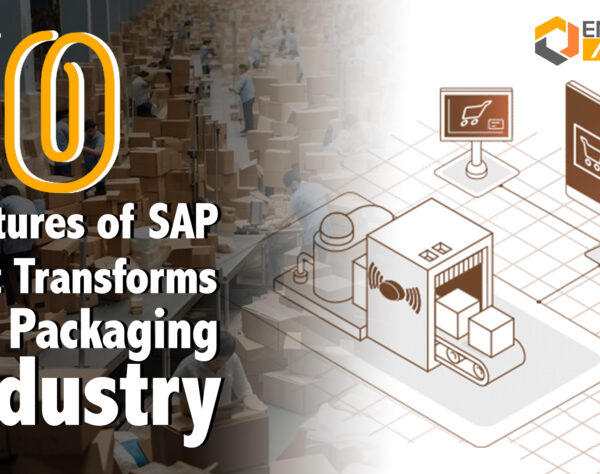
How SAP B1 helps in Food Processing Industry | SAP ERP

Enhancing Quality Control and Compliance in the Food Industry with SAP B1
In the fast-evolving world of food production, maintaining quality, ensuring regulatory compliance, and optimizing operations can be demanding. Thankfully, SAP Business One software (SAP B1) emerges as a comprehensive SAP Business One ERP Solution built for these challenges.
Core Strengths of SAP B1 in Food Processing
Core Strengths of SAP Business One in Food Processing
1. Recipe & Batch Management
SAP Business One ERP solution excels in managing recipes, Bills of Materials (BOM), and batch tracking—ensuring consistency, precision, and efficiency in food product manufacturing.
2. Inventory Control & Traceability
With SAP B1 ERP capabilities, food processing businesses can monitor perishable stock with features like expiration date tracking and batch-level traceability—reducing waste, enhancing food safety, and maintaining compliance.
3. Quality Assurance & Compliance
Leveraging the SAP Business One application’s built-in quality control features, companies can comply with FDA, HACCP, and ISO standards, while enabling rigorous inspections, audit readiness, and continuous process improvement.
4. Streamlined Supply Chain Management
From procurement to distribution, the SAP Business One ERP solution provides real-time visibility into stock levels, supplier coordination, and logistics—ensuring smooth ingredient delivery and streamlined food processing supply chains.
5. Production Planning & Scheduling
SAP Business One ERP supports intelligent production planning, recipe processing, and batch scheduling—optimizing resources, boosting throughput, and ensuring timely order fulfillment in the food industry.
6. Financial & BI Integration
The SAP Business One ERP software integrates robust financial tools for budgeting, reporting, and cost control, while SAP B1 Business Intelligence solutions deliver actionable insights through dashboards and KPI tracking.
7. CRM Features for Customer Engagement
With SAP Business One CRM features, food businesses can manage customer segmentation, track orders, and improve service delivery—building loyalty, stronger engagement, and personalized customer experiences.
Benefits for Profitability & Growth
1. Enhanced Operational Efficiency & Productivity
Automating core processes through SAP Business One implementation frees up teams for strategic initiatives, while real-time data from SAP B1 ERP solutions optimizes decision-making and boosts overall productivity.
2. Minimized Risk of Recalls & Compliance Violations
With features like batch traceability and automated compliance checks, SAP Business One ERP solution helps reduce errors, maintain quality, and ensure audit-ready operations in food processing and beyond.
3. Scalability & Deployment Flexibility
Whether deployed on-premises, in the cloud, or as a hybrid model, SAP Business One Cloud and SAP Cloud ERP solutions scale seamlessly with evolving business requirements, supporting sustainable growth.
4. Holistic Support from SAP Business One Partners
Partnering with an experienced SAP Business One Partner guarantees smooth SAP B1 implementation, expert training, and continuous SAP B1 support, maximizing ROI and long-term value from your ERP investment.
FAQs
1. What is SAP Business One (SAP B1)?
SAP Business One ERP solution is designed for small and medium-sized businesses, offering end-to-end features for finance, operations, manufacturing, inventory, and customer management in one integrated platform.
2. How does SAP B1 benefit the food processing industry?
SAP Business One for Food Processing helps manage recipes, ensure food safety compliance, track batches, optimize production, and streamline supply chains—making it a perfect ERP system for the sector.
3. Can SAP Business One handle perishable inventory?
Yes. SAP Business One solutions provide expiration date monitoring, batch-level control, and lot traceability—enabling food processors to manage perishable goods efficiently while reducing waste.
4. Is SAP Business One available in the cloud?
Absolutely. SAP Business One Cloud ERP allows businesses to access ERP functionalities anytime, anywhere, while lowering IT infrastructure costs and enabling scalability.
5. What is involved in SAP Business One implementation?
The SAP methodology includes assessment, planning, configuration, data migration, testing, training, and go-live—ensuring a smooth and efficient SAP Business One implementation.
6. How does SAP B1 support regulatory compliance in food processing?
Through integrated quality checks, material traceability, and audit-ready documentation, SAP Business One ERP solution ensures compliance with global standards like FDA, HACCP, and ISO.
7. Can SAP Business One integrate with other applications?
Yes. SAP Business One application integrates seamlessly with third-party solutions, e-commerce platforms, and industry-specific tools, enabling a connected business ecosystem.
8. How do I choose the right SAP Business One Partner?
Select a certified SAP Business One Partner with proven SAP B1 implementation experience, deep industry knowledge, and reliable SAP B1 support for long-term success.
9. What reporting tools does SAP B1 offer?
SAP B1 ERP solution includes built-in business intelligence and analytics, offering customizable dashboards, KPI tracking, and real-time reporting for smarter decision-making.
10. How scalable is SAP Business One for growing food businesses?
Highly scalable. SAP ERP solutions adapt to increased production, new product lines, and multi-location operations—supporting growth without performance issues.


